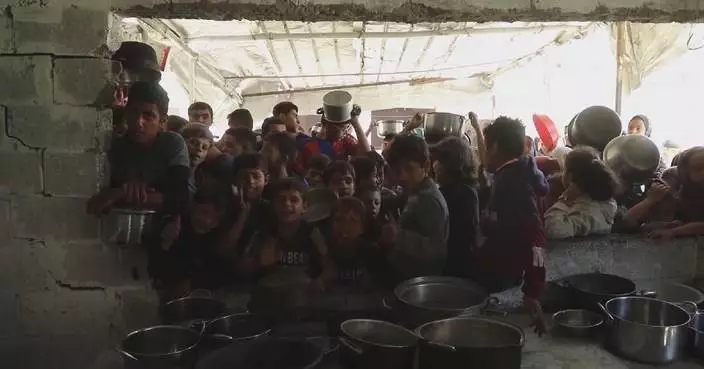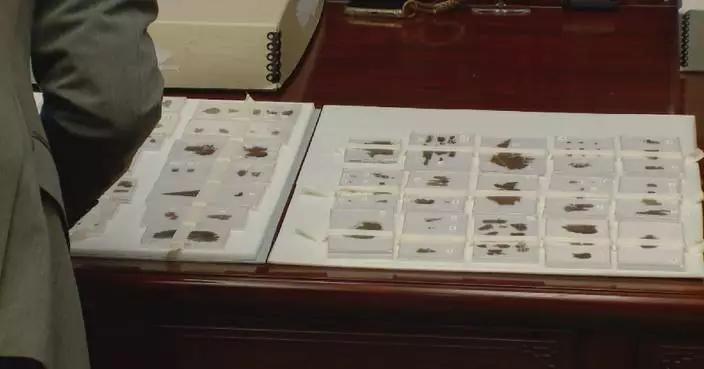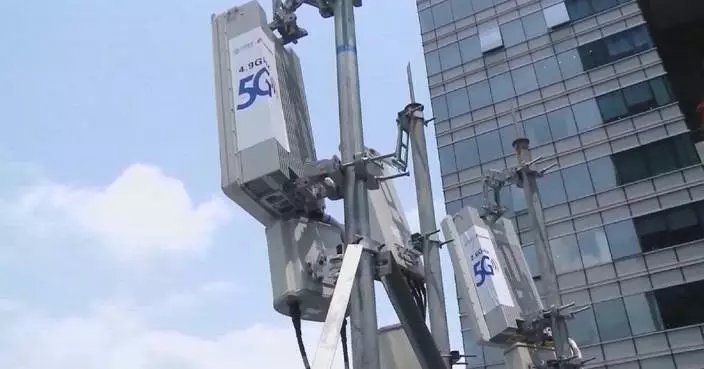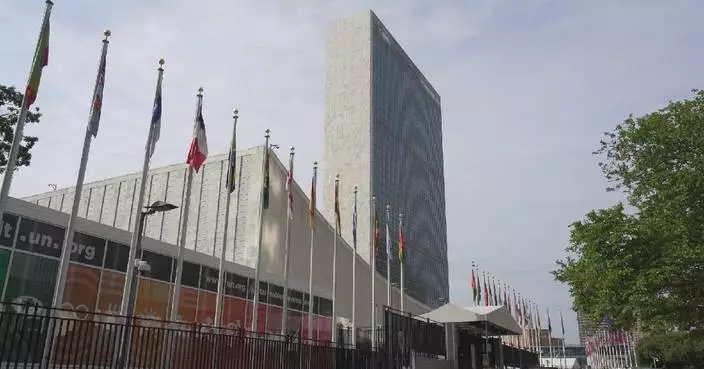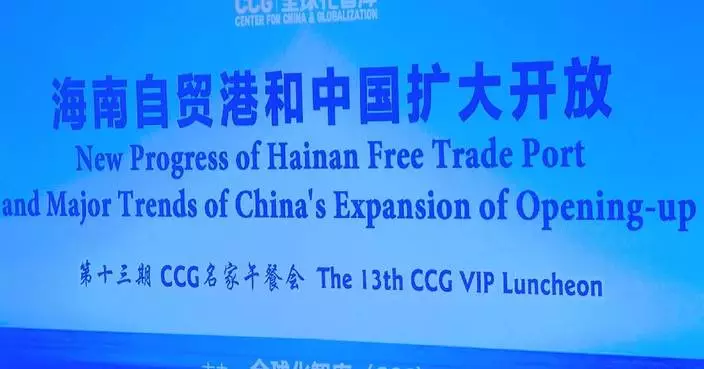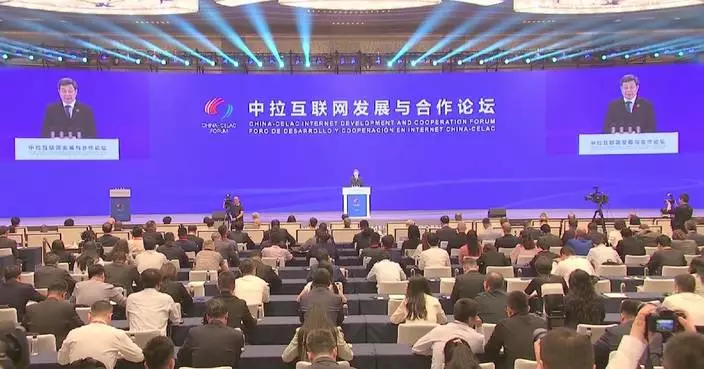The conflict between Hezbollah and Israel has compounded Lebanon's economic woes, and people in Lebanon are hoping for a new year with both political and economic stability.
Lebanon's real GDP growth has been cut by an estimated 6.6 percent in 2024 as a result of the conflict, bringing the cumulative decline in real GDP since 2019 to more than 38 percent by the end of the year, according to the latest World Bank Lebanon Economic Monitor (LEM) released earlier in December.
The United Nations Development Program (UNDP) estimated that the unemployment rate in Lebanon may rise to a staggering 32.6 percent by the end of 2024.
Israel's deadly attack targeting Hezbollah in September, in which thousands of handheld pagers exploded across Lebanon and Syria, sharply escalated cross-border hostilities between Israel and Lebanon that have persisted since October 2023.
"My coffee shop over there was destroyed in the blast which also damaged my car and house. My three children were in the rooms, and we were sleeping when the explosion happened," said Mansour, a coffee shop owner in Dahieh in southern Beirut.
Many restaurants in Beirut were forced to close since the conflict intensified.
An Italian restaurant has reopened after a suspension of around two months, and immediately it found itself caught in the plight of deteriorating energy shortage and currency devaluation.
"Those people (customers), they had their money in the banks. They tell us 'We love you and we love your food and everything, but we can't afford to go out and spend money,'" said owner of the restaurant.
"The political instability, the lack of security, and these are very important factors for any country which would like to attract tourism. The purchasing power has decreased a lot. We've also lost the most important aspect of our human resource. We've had the hope that we are going to have a great year with economic stability," said Maya Nun, an official of association of owners of restaurants, coffee shops, night clubs and bakeries in Lebanon.
Lebanon faced multiple crises in 2024, grappling with the aftermath of the destructive conflict between Hezbollah and Israel, a prolonged financial collapse since 2019, and ongoing political paralysis marked by the failure to elect a new president.
Already reeling from a financial crisis that has devalued its currency by over 90 percent since 2019, the country now has nearly 44 percent of its population living in poverty, according to the World Bank.
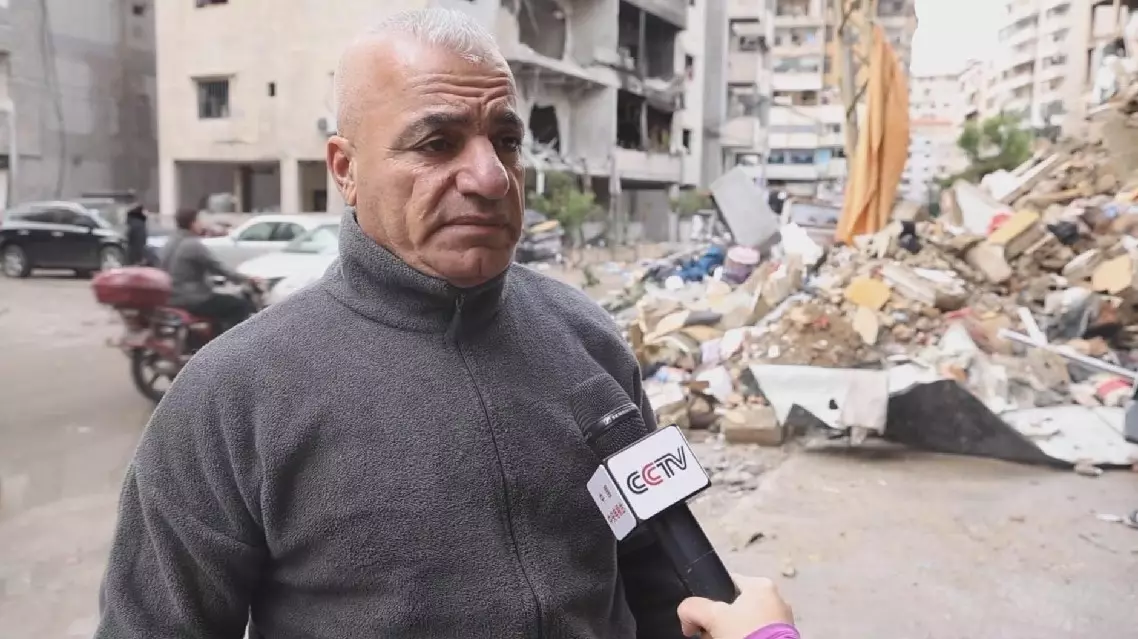
Hezbollah-Israel conflict compounds Lebanon's economic woes
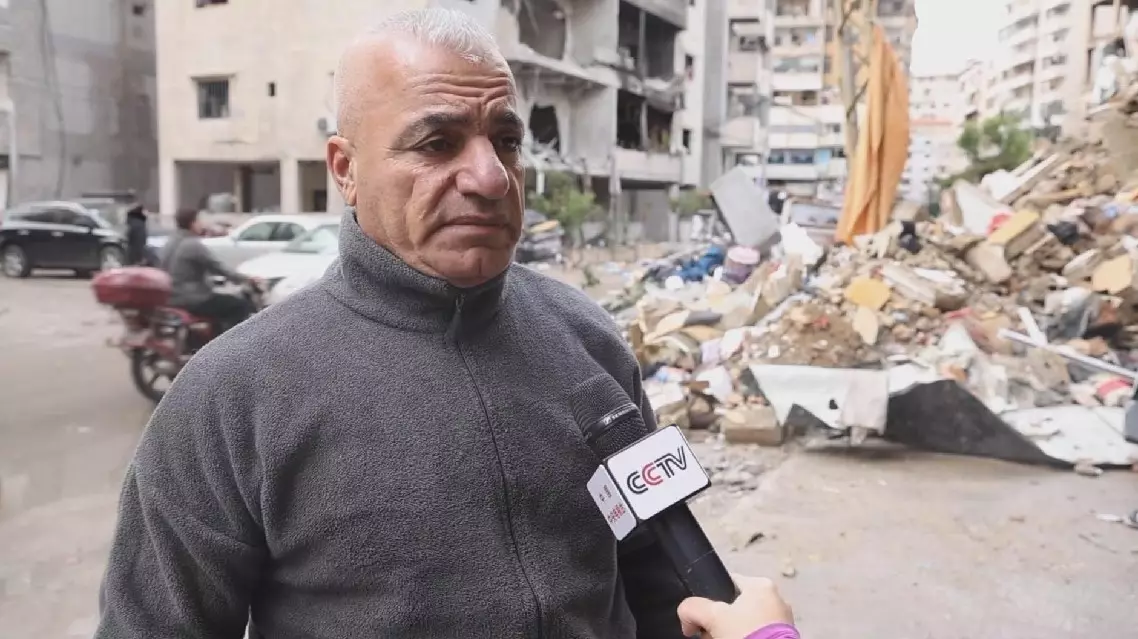
Hezbollah-Israel conflict compounds Lebanon's economic woes




